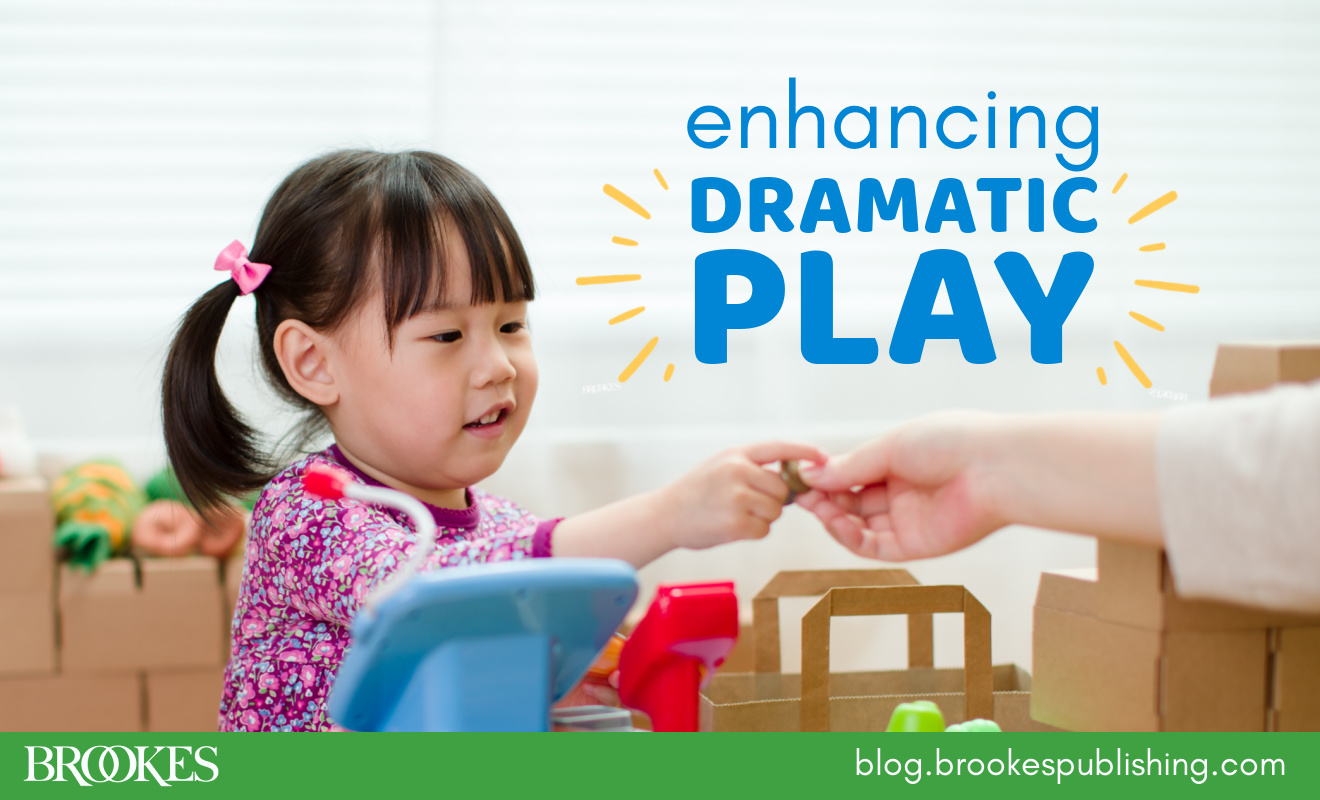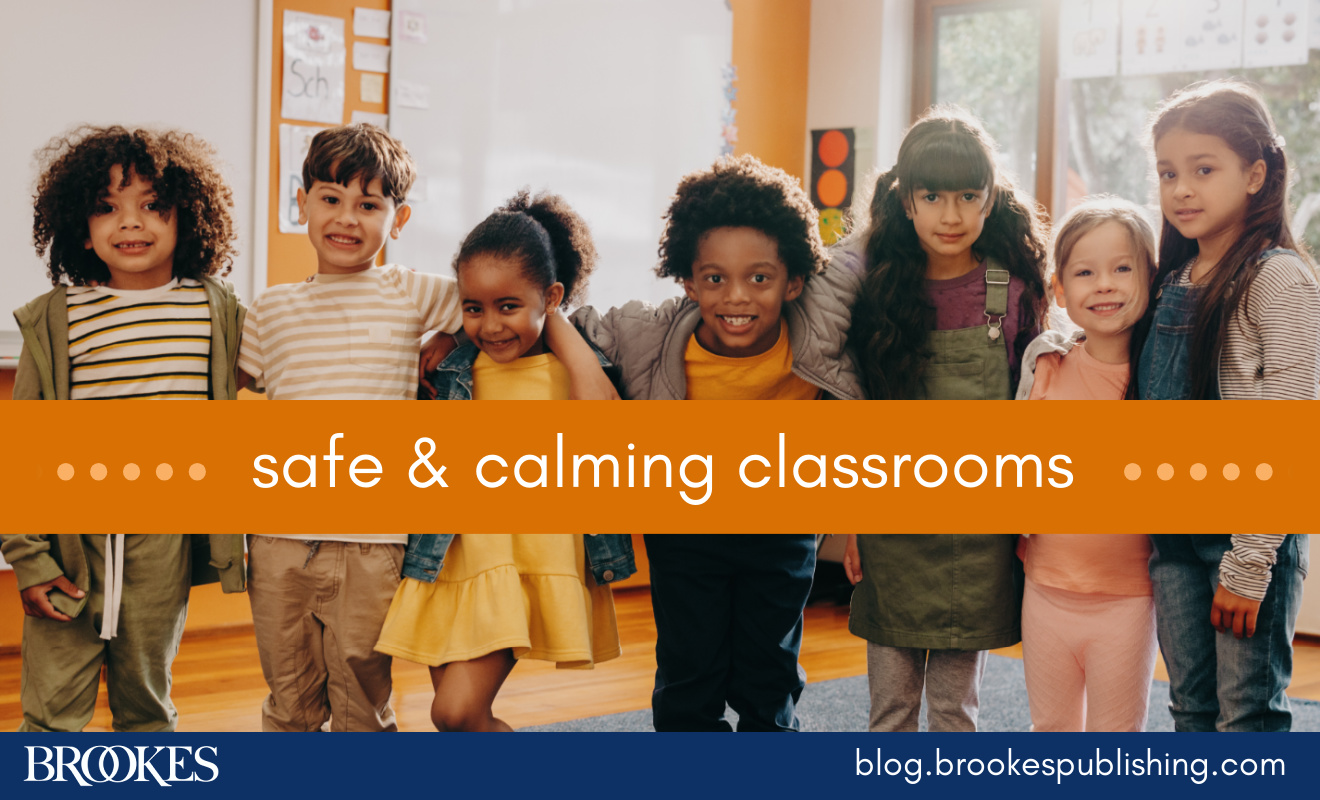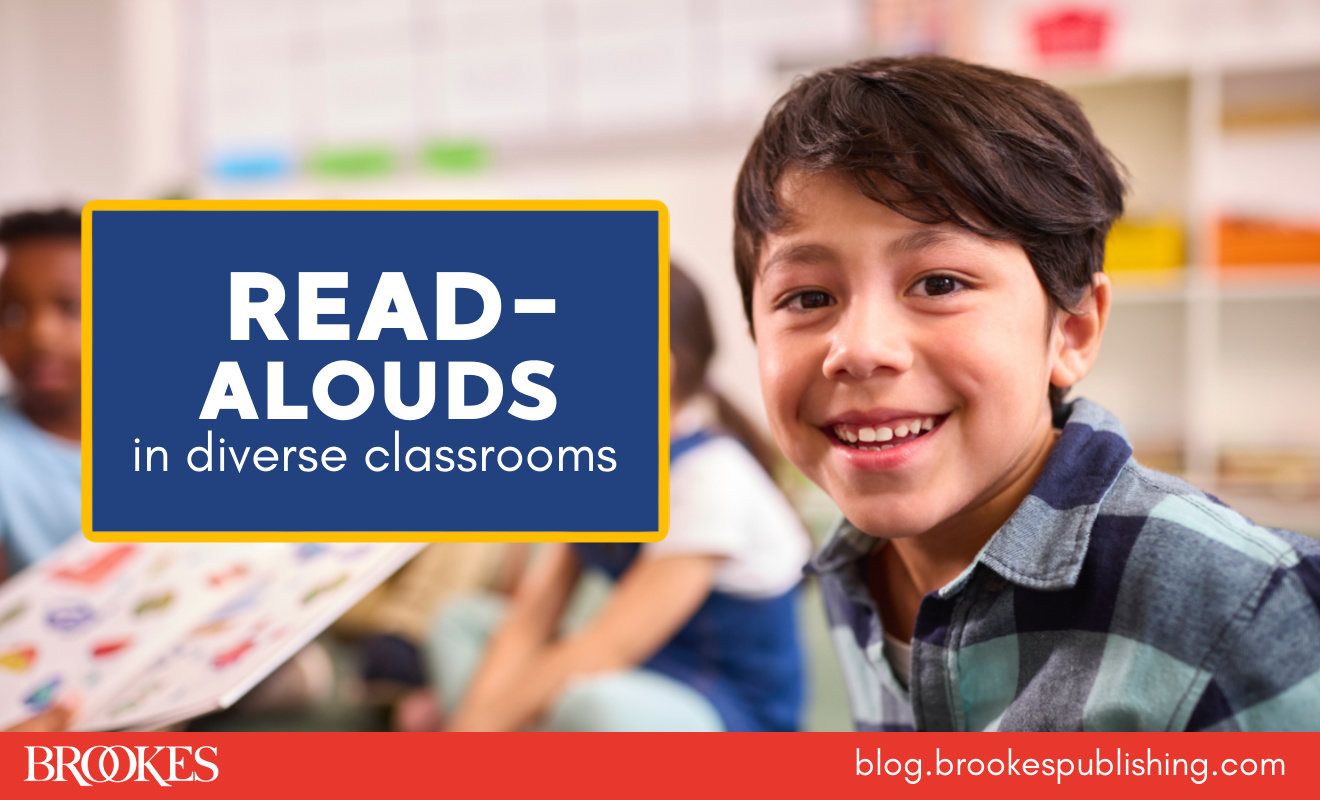Our Top Picks
Search by Keyword
Filter by Topic

Structured Dialogue: An 8-Step Process for Planning Authentic Inclusion
April 25, 2024
Today’s post is excerpted and adapted from True Inclusion with UDL: Designing to the Edges to Reach Every Learner, by Patti Kelly Ralabate, Ed.D. Structured dialogue is a mechanism for…
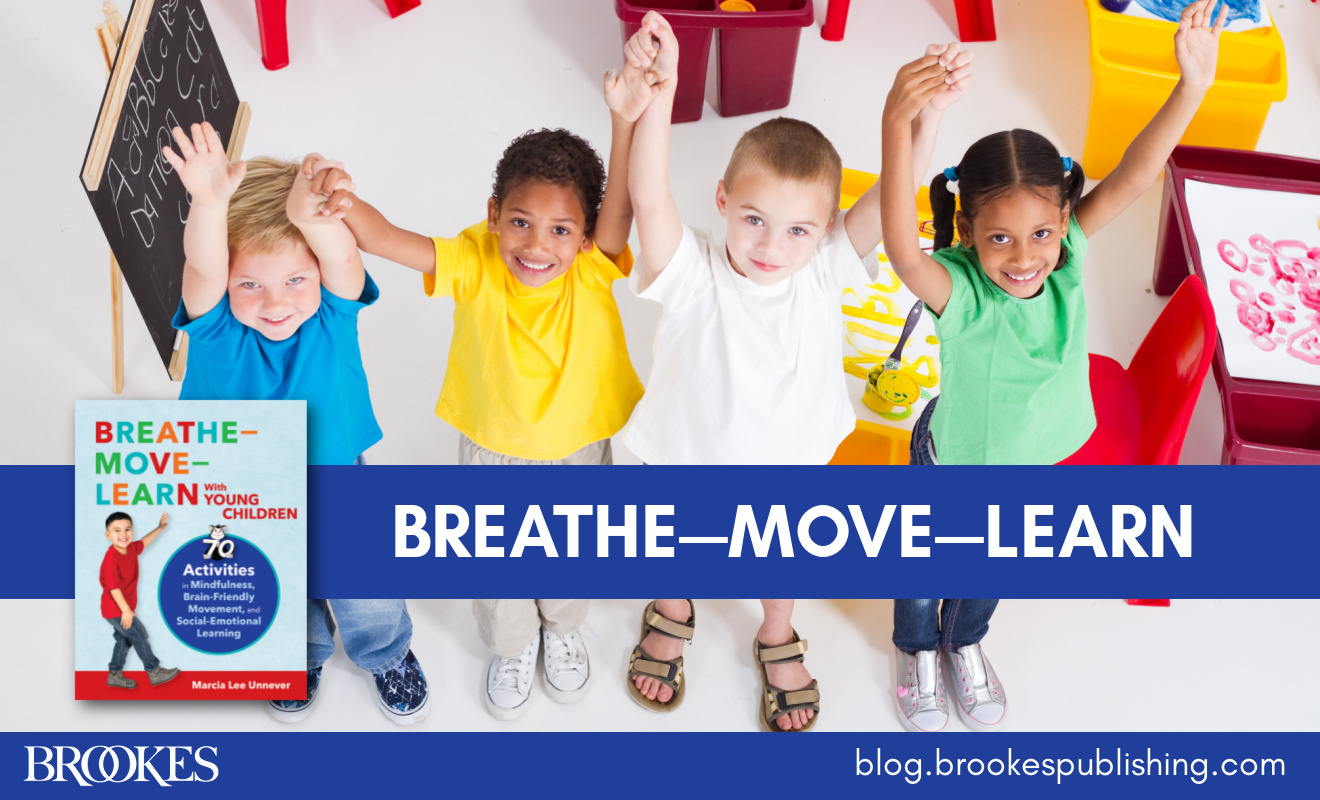
Solving the Puzzle of Better Behavior with Breathe—Move—Learn
April 23, 2024
Can mindful breathing, cross-lateral movement, and social-emotional learning help a child change their behavior? Research studies and actual classroom experience say yes—and today, one of our authors is here to…
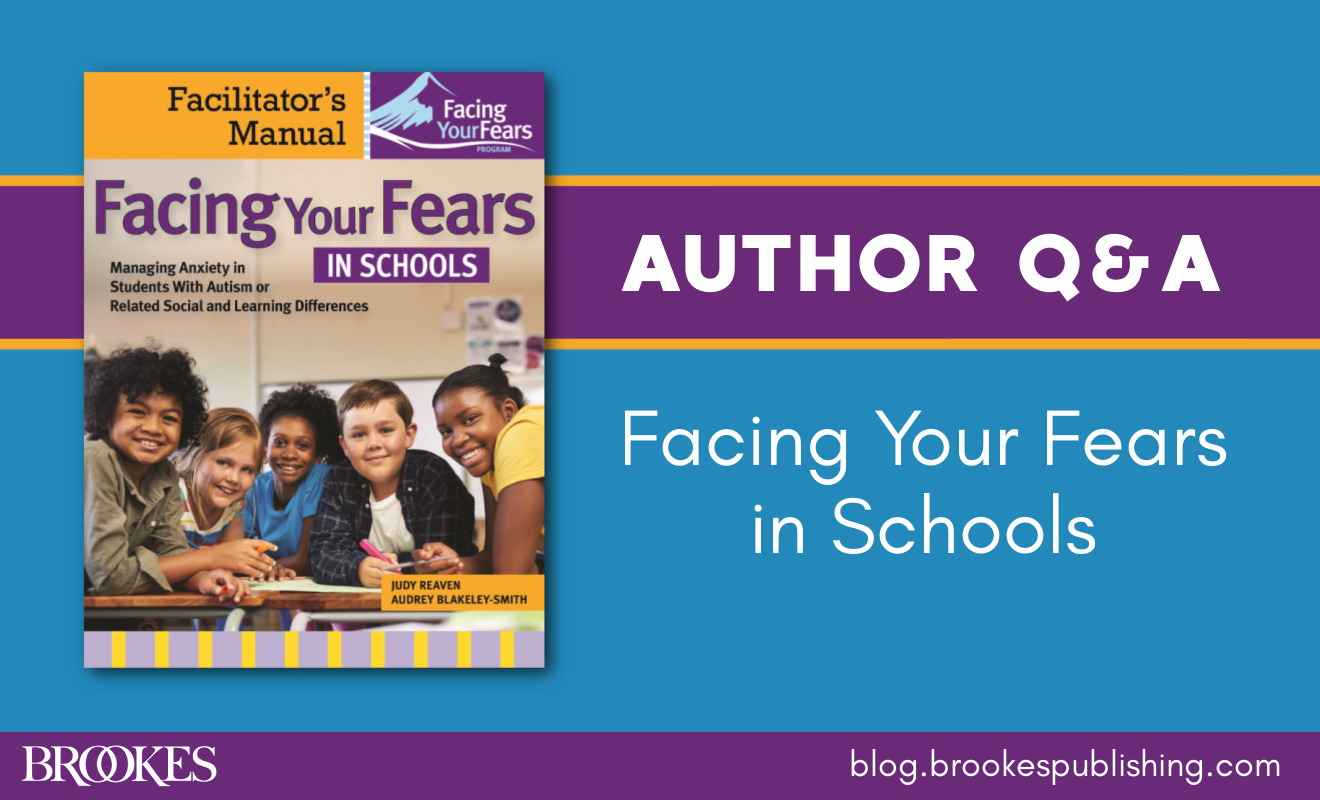
Author Q&A: Facing Your Fears in Schools
April 18, 2024
For students with autism or other social/learning needs, school can present a wide range of anxiety triggers. Today we’re excited to introduce a new school-based program that helps these students…
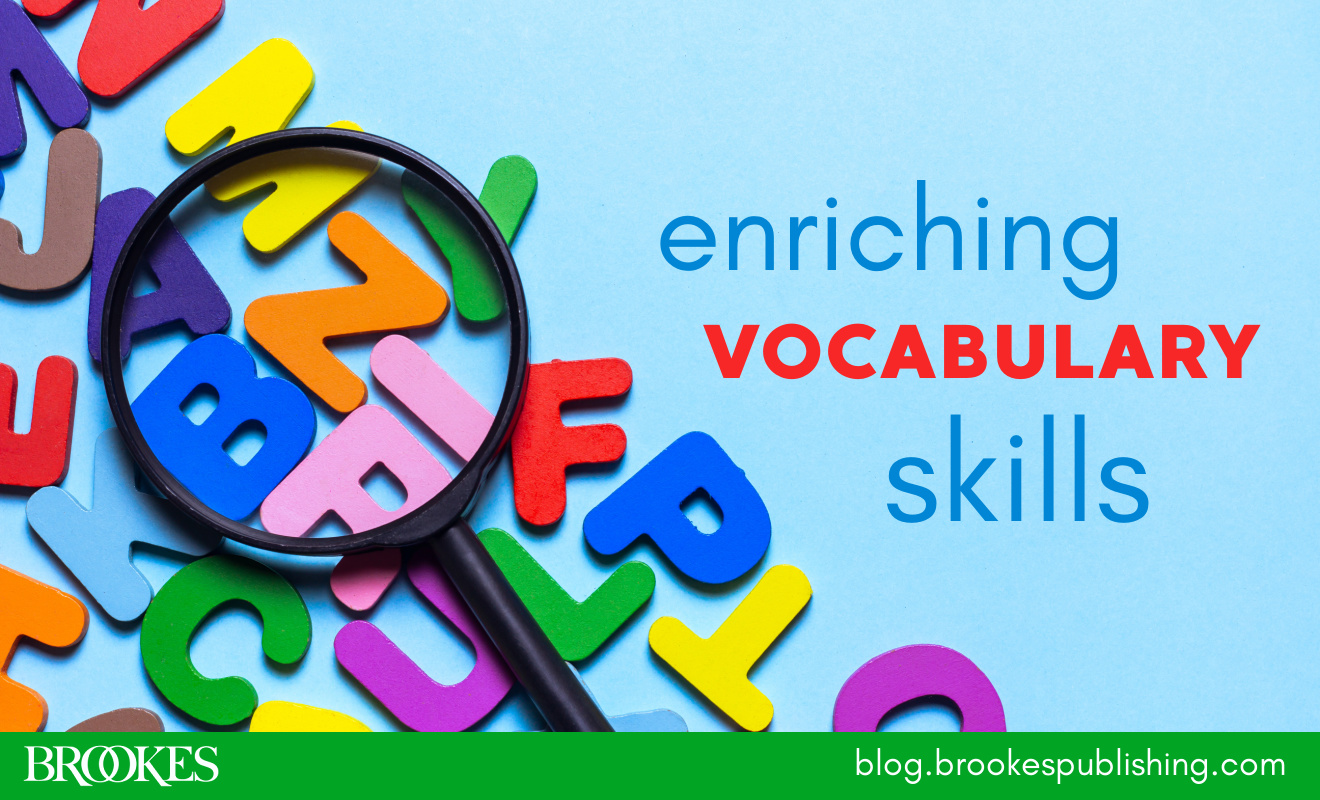
6 Activities that Enrich Student Vocabulary
April 16, 2024
Well-developed vocabulary knowledge sets the stage for strong and efficient reading comprehension for every student. That’s why vocabulary should be a focus of your instruction every day! With some planning—and…
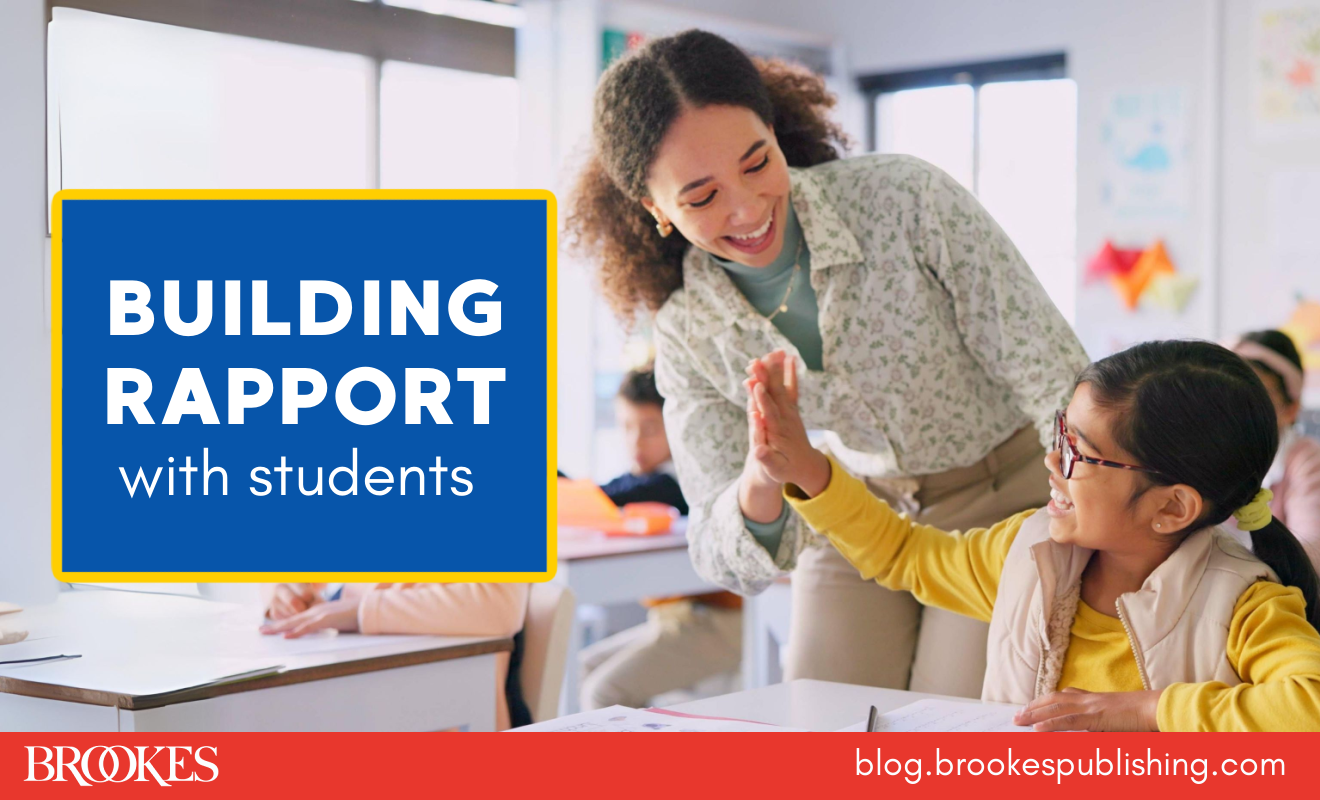
8 Tips on Building Rapport with Students
April 11, 2024
Taking the time to build a strong rapport with students isn’t just a nice thing for teachers to do—it’s an essential step toward preventing challenging behavior and making sure all…
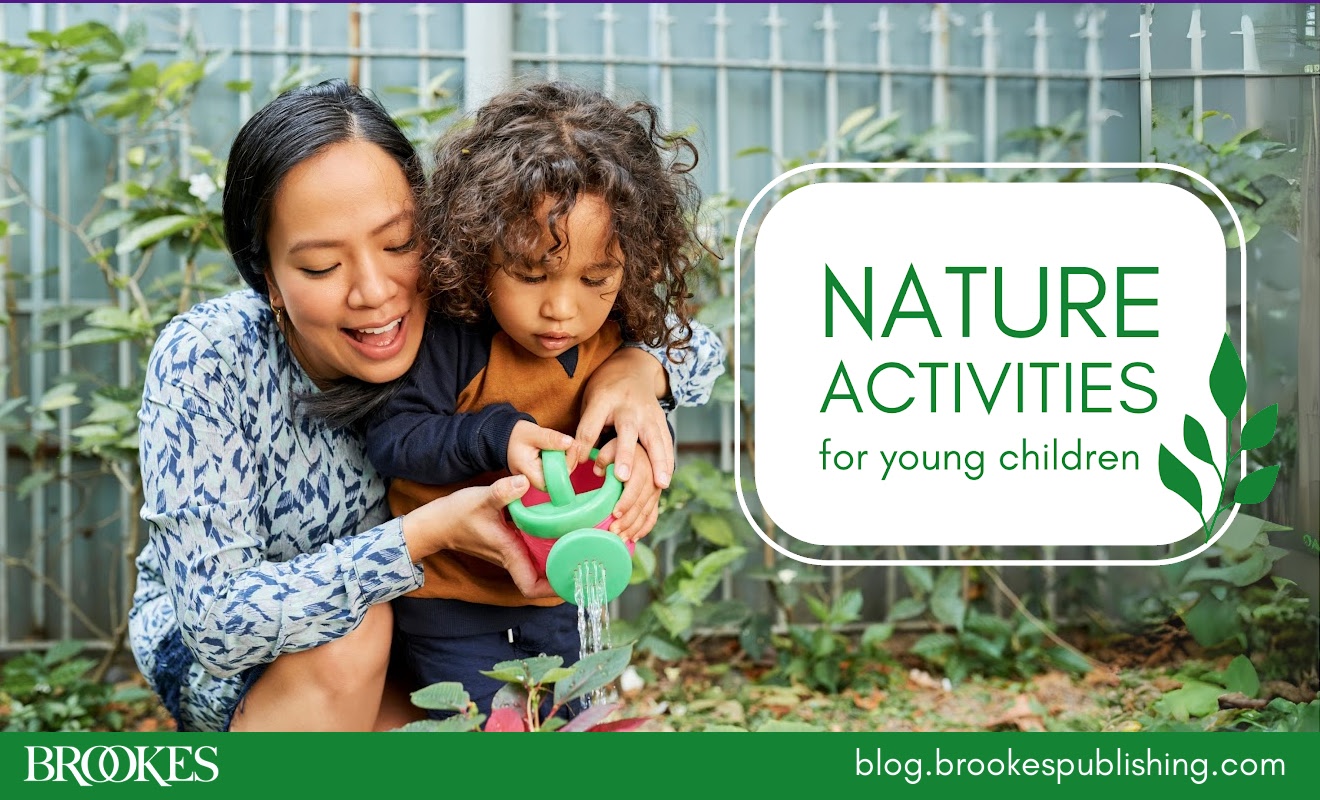
11 Activities That Engage Young Children with Nature
April 9, 2024
As we say goodbye to winter and welcome spring, the families you work with might enjoy some fun nature-themed activities to get their kids moving, exploring, and interacting with the…
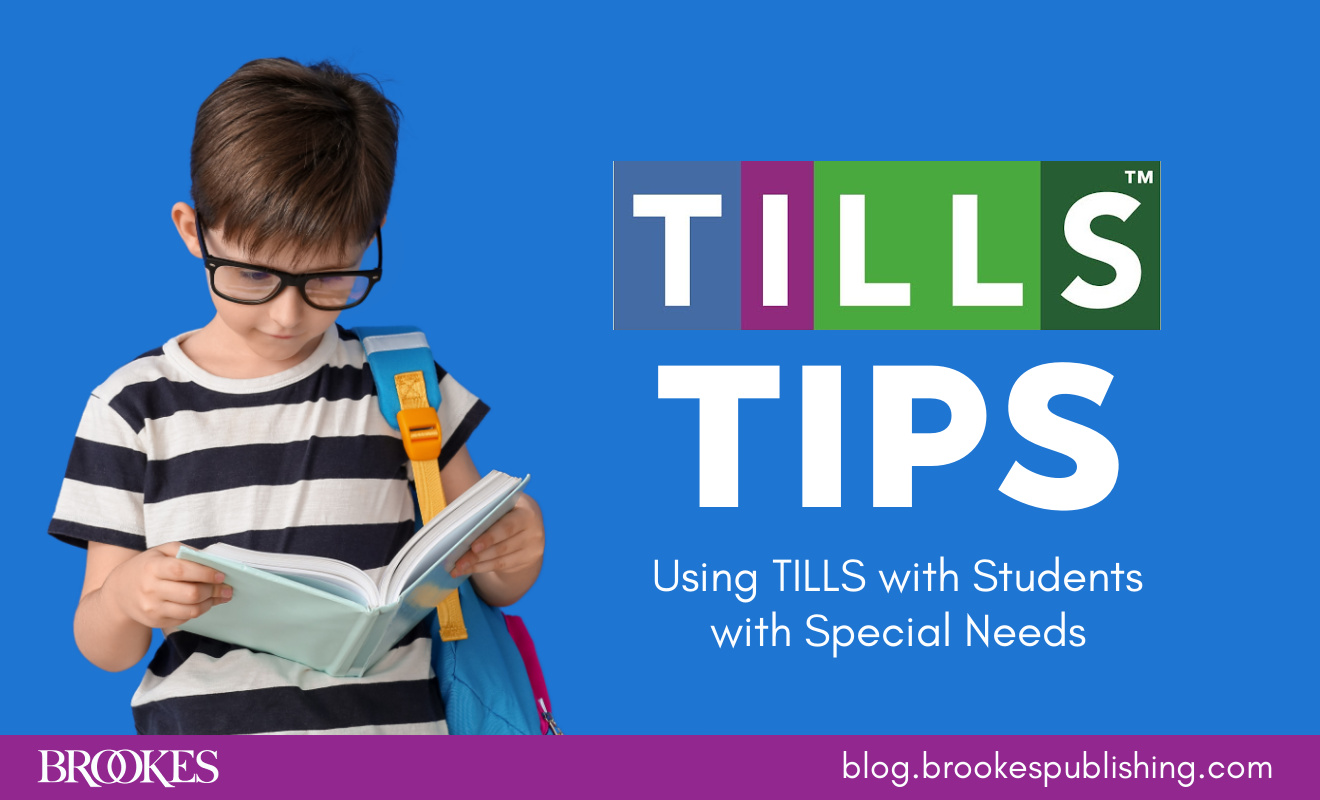
TILLS Tips: Using TILLS with Students Who Have Special Needs
April 4, 2024
TILLS™ is the assessment that SLPs, educators, and reading specialists across the country rely on to test students’ oral and written language skills. It’s great for identifying language and literacy…
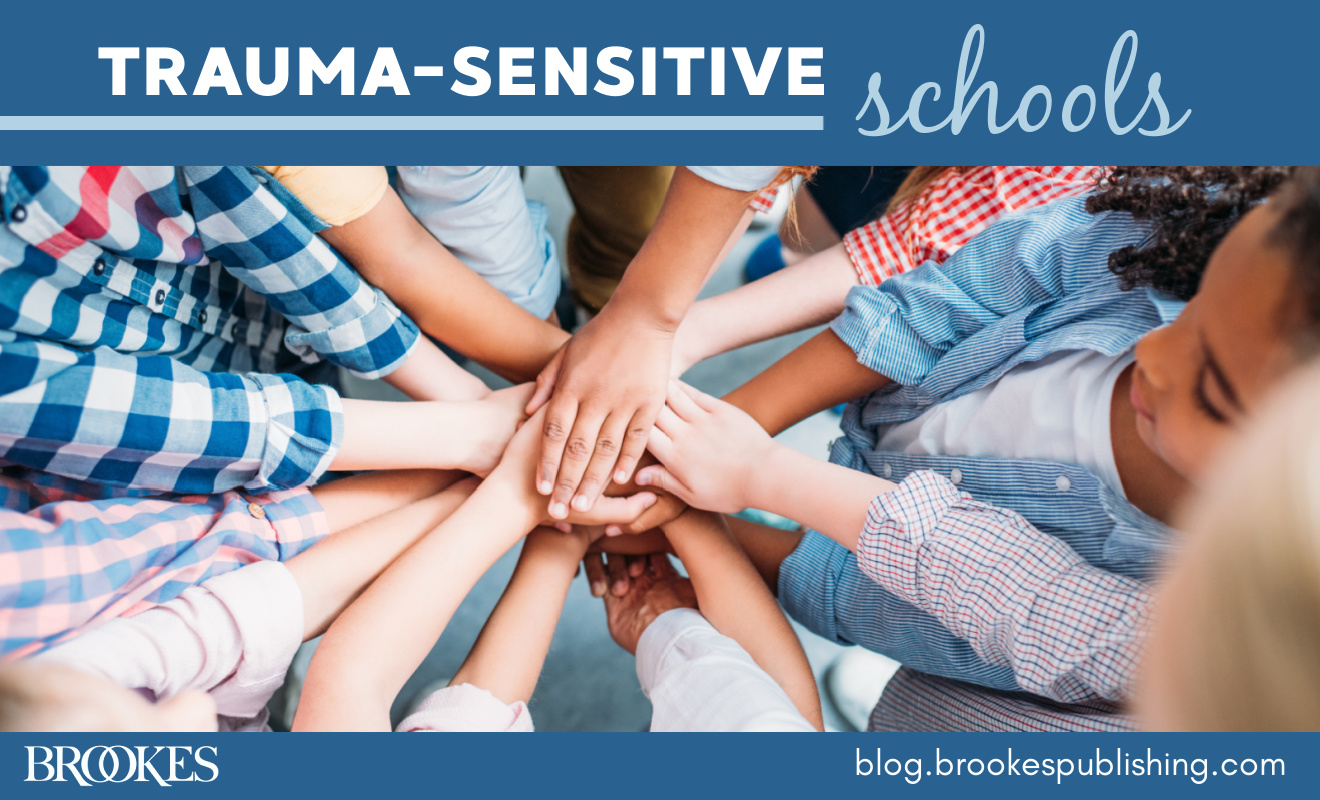
5 Essential Paradigm Shifts for Trauma-Sensitive Schools
April 2, 2024
Trauma-informed teaching practices benefit all students—safe, supportive school environments help promote both academic success and social-emotional well-being for every learner. In today’s post, excerpted and adapted from Jen Alexander’s book Building…
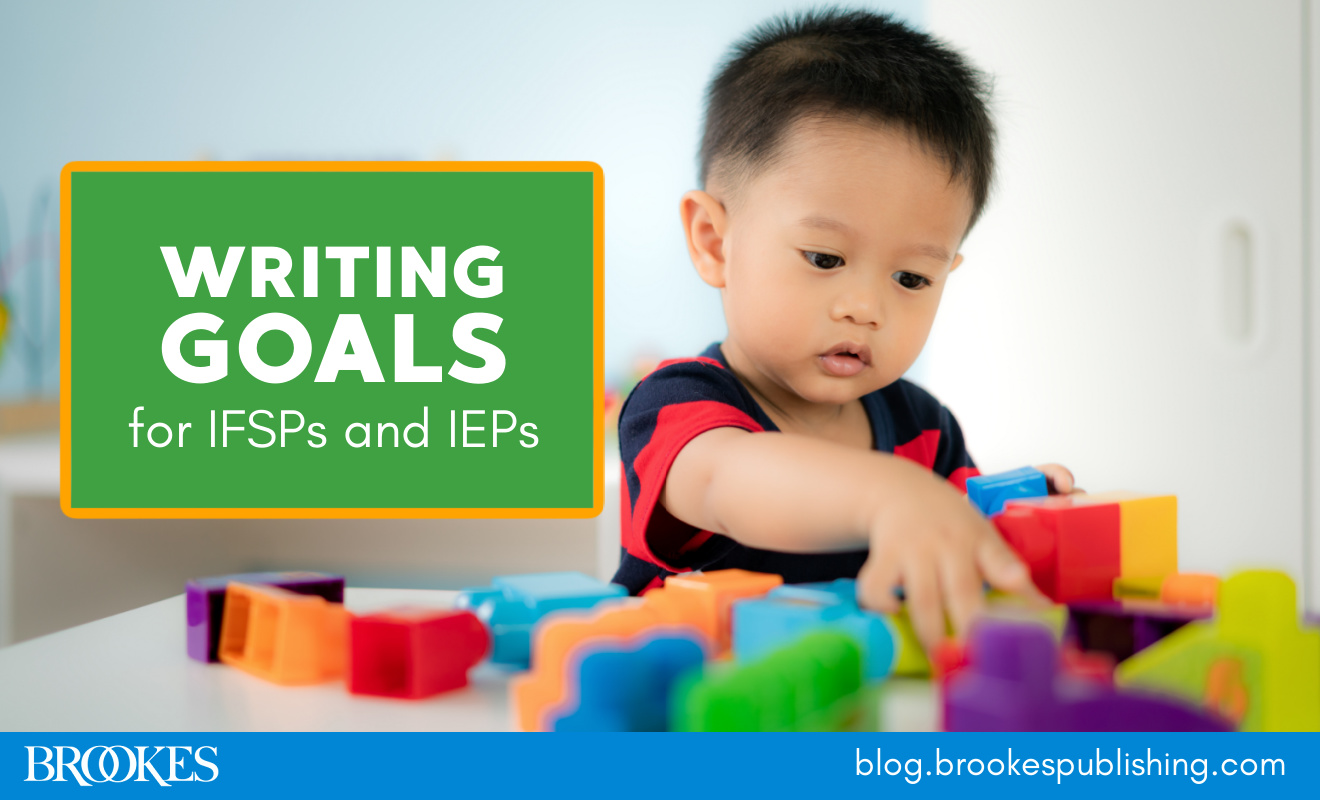
7 Tips for Writing Functional Goals for IFSPs and IEPs
March 28, 2024
One key to effective early intervention is writing high-quality IFSPs and IEPs with clear, specific, measurable goals. These goals should 1) directly address the family’s priorities, and 2) help children…
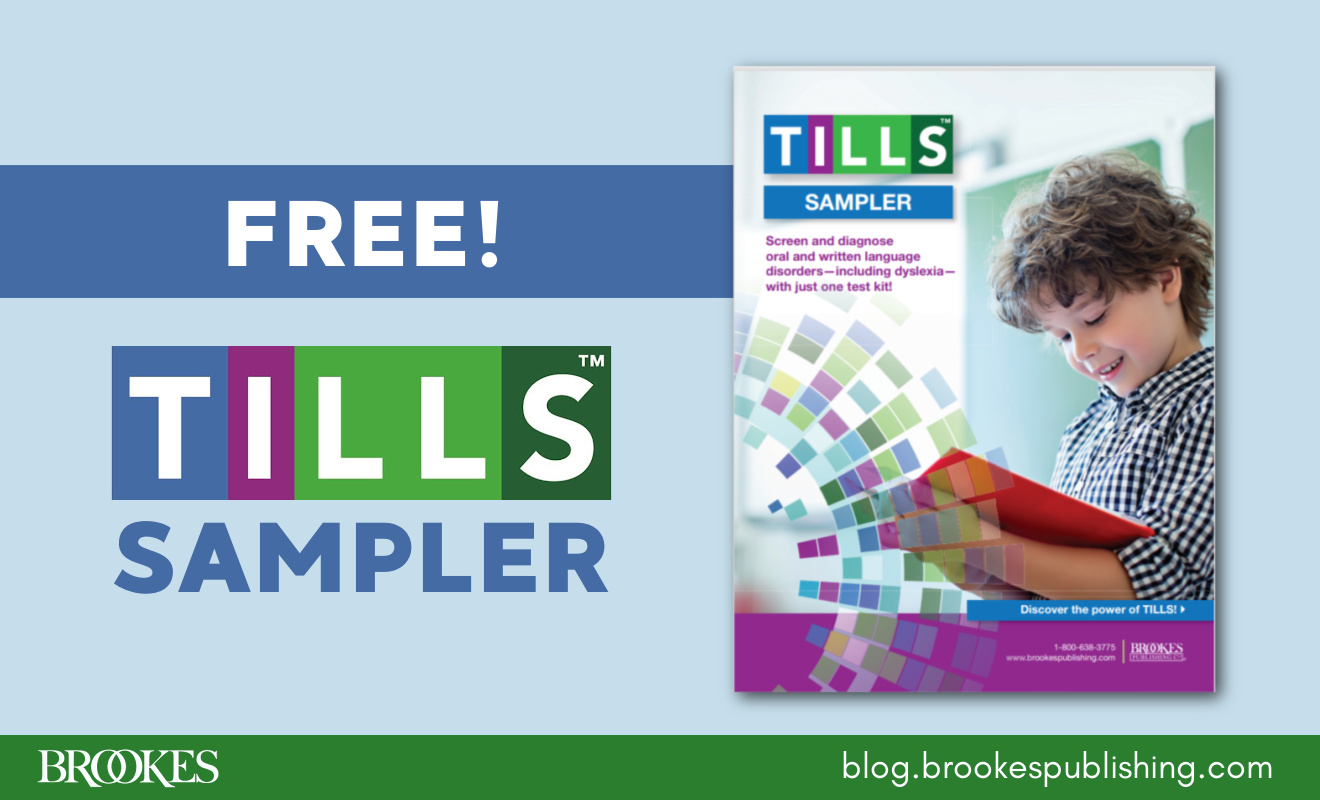
FREE DOWNLOAD: Updated TILLS Sampler
March 26, 2024
“TILLS is the most comprehensive assessment I’ve used in the 20 years I’ve been a school-based speech-language pathologist.”—Sue Torney, M.A., CCC-SLP, Speech-Language Pathologist Do you use TILLS? If you’re an SLP,…

